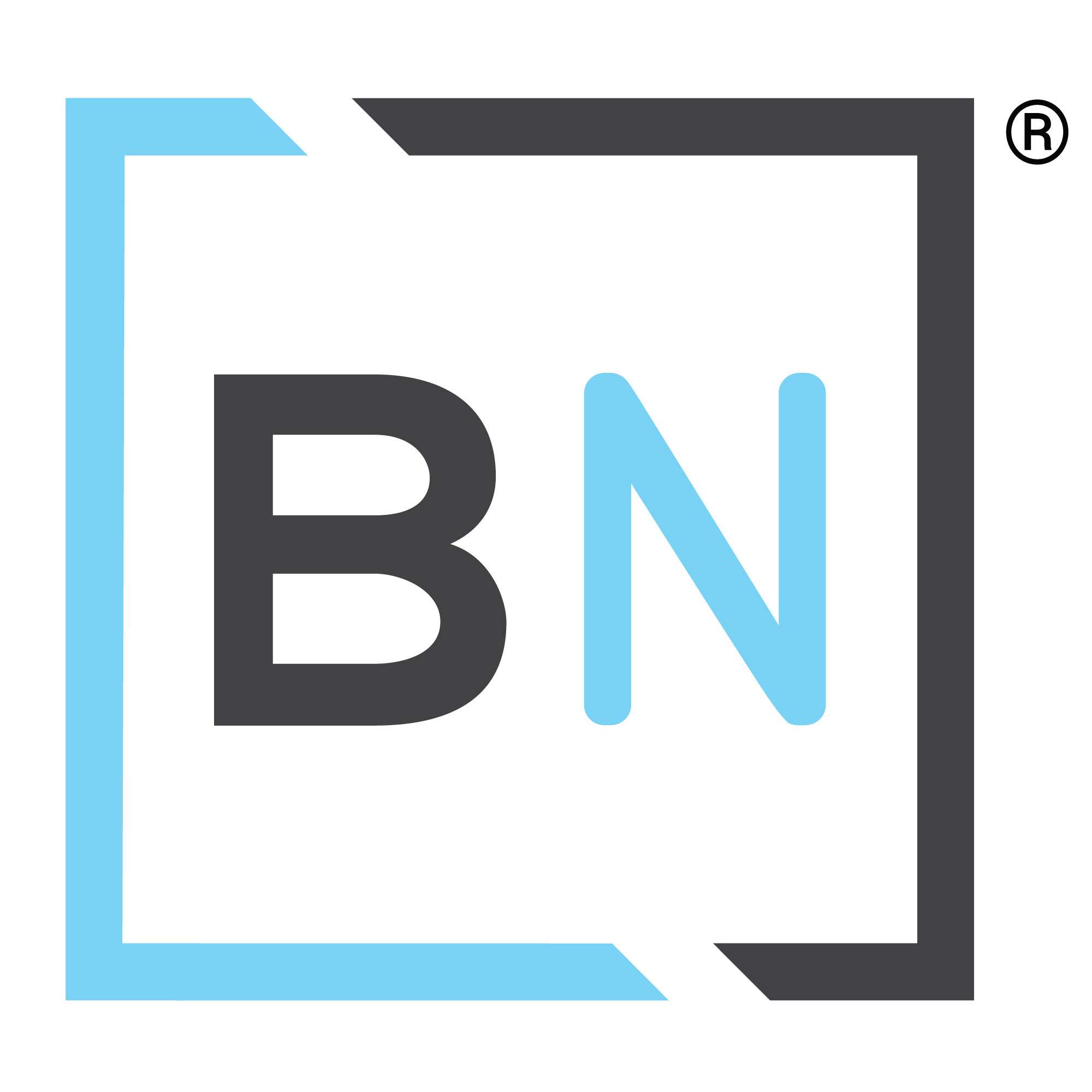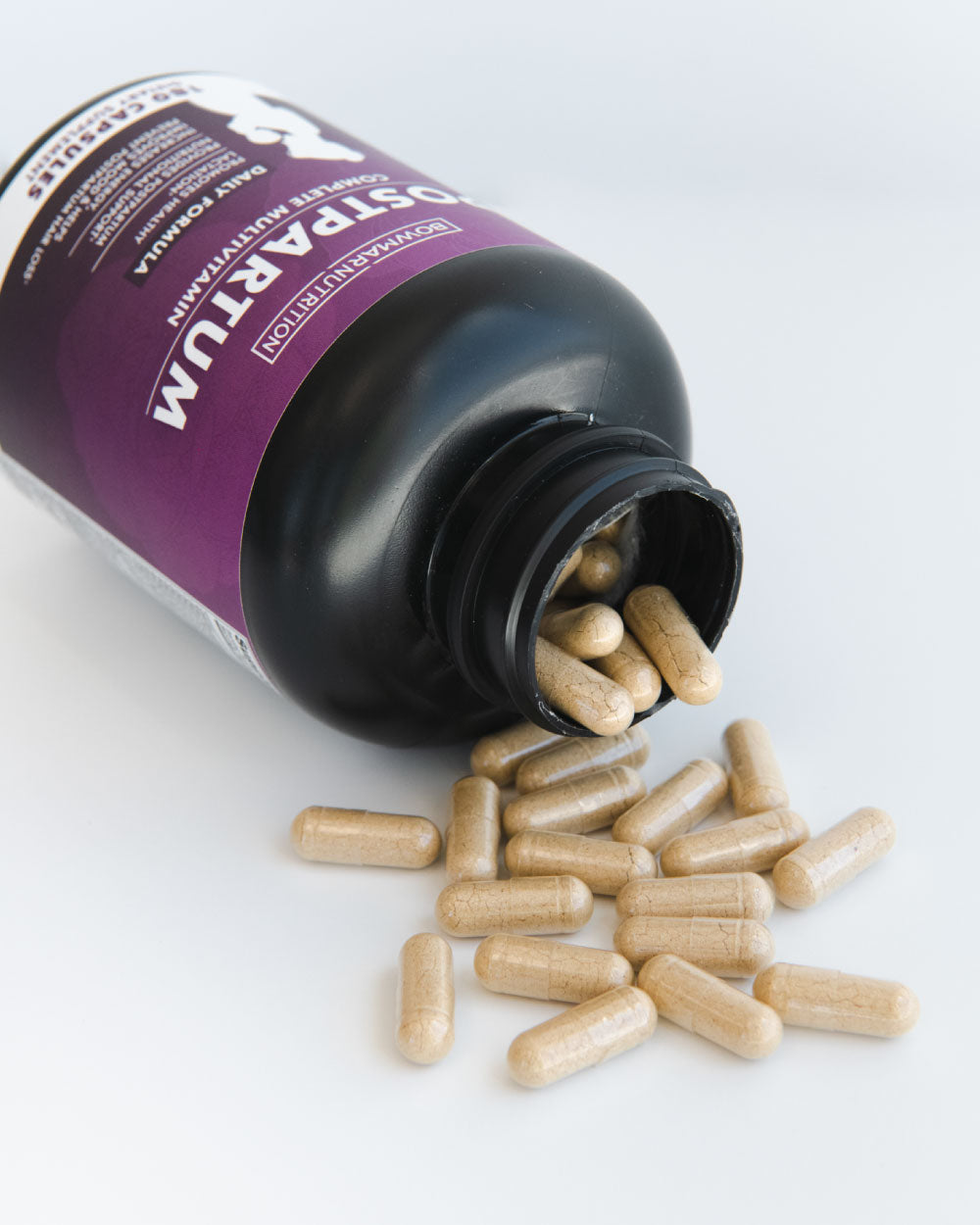Sarah Bowmar here, AFPA prenatal and postpartum certified fitness trainer, ISSA certified fitness nutrition specialist, and mom of two! I have dedicated so much of the last few years of my life to prenatal and postnatal nutrition for expecting moms and moms after birth. It truly has become such an incredible passion of mine and I am so excited to continue this blog series on postnatal nutrition.
Below you will find a comprehensive breakdown of the important nutrients needed for mom's body after birth, optimizing recovery postpartum, help prevent postpartum hair loss, maintain healthy breast milk supply, reduce sleep deprivation, assist in hormone health, and other various health concerns. As always, please remember, this is not medical advice nor should it be taken as such. It is simply a comprehensive breakdown of important nutrients recommended through the ACOG, APA, AAP, and OBGYNs. Also, please consult with your doctor before beginning supplementation of any kind if nursing!
Important Nutrients for Postnatal Nutrition:
Various Nutrients / Supplements:
- Fish Oil: omega-3s have been proven to reduce postpartum depression in new moms based on several double blind studies (found here).
- I buy all of the seafood we eat (that we don't fish ourselves) here
- If you do not wish to buy / prep seafood (as it is quite pricey), I recommend our fish oil supplement
- Fiber: constipation is an extremely common issue in pregnant and postpartum women, the best way to combat that is to ensure your diet is high in fiber-rich foods. Fiber also will help regulate blood sugar and improve our gut microbiome (more on that below). It is recommended to consume 14g of fiber for every 1,000 calories you are eating.
- Our Fiber supplement
- Probiotics: thanks to growing research on the gut to brain axis, we now know that postpartum depression and postpartum anxiety are closely tied to the overall gut health of mom. In order to maintain a proper gut microbiome, probiotics are highly recommended to consume in order to maintain a healthy gut. It's extremely common for a mom post-birth to contract several various vaginal infections that could be prevented or lessened in severity by consuming a daily probiotic supplement or foods rich in probiotics.
- Our Probiotic supplement
- Collagen: a supplement I think everyone should take regardless of what stage they are at in life, but especially postpartum. Collagen can help make hair healthier, nails stronger, joints stronger, skin more youthful looking, reduce appearance of stretch marks, restore gut health, etc. It is recommended to consume 15-20g per day
Various Vitamins and Micronutrients:
The following vitamins and micronutrients are extremely beneficial to a postpartum mother, especially one who is wanting to breastfeed! There are other amazing benefits as well including what is listed in the initial few paragraphs of this blog. I do want to take a moment to use this time to reinforce that if you feel you are struggling with postpartum depression or anxiety and it's impacting your day to day life, please speak with your OB about finding a mental health therapist. The majority of the vitamins listed below should be taken regardless if you are postpartum or not either in the form of a multivitamin, prenatal, or postpartum vitamin.
I know this list is going to seem extremely overwhelming, especially for a mom who just gave birth. We have a postnatal vitamin and a postnatal supplement bundle if that is of interest to you. Again, no supplement is needed when your diet is hitting all of the below numbers!
- Vitamin A- unfortunately many mothers are deficient in many vitamins and vitamin A being one of them. There's also a fairly new study that has proven a mother supplementing with Vitamin A or consuming a high amount has a higher retinol concentration in her breast milk (study here). The recommended RDA is 1300mg.
- Vitamin C- a normal component of breast milk and a key milk antioxidant. The RDA for a nursing mother is 120mg per day of vitamin C (more if you are battling an illness). An additional benefit of getting enough vitamin C if you are breastfeeding, based on a study, proved that women getting an adequate amount of vitamin C passed it to the infants and those infants had increased biochemical markers of milk antioxidant activity.
- Foods high in Vitamin C: guava, kiwi, bell peppers, strawberries, oranges, etc
- Additional Immune Support supplement
- Vitamin D- a deficiency in Vitamin D has been proven (study here) linking the deficiency with postpartum depression in women post birth. As vitamin D is a fat soluble vitamin, it is stored in your body fat which allows you to consume more of the RDA to ensure you are getting enough during the day. It is especially important for women who live in cold climates that don't get out in the sun for the better half of the year. The RDA for lactating women is 50 mcg per day.
- Vitamin D cream
- Vitamin E- an important antioxidant that, in lactating women, increases the daily requirement to 19 mg to compensate for what is secreted into the breastmilk. Babies are born with low stores of Vitamin E so it's vital they receive their daily dosage from breastmilk or fortified formula. It has also been proven to reduce postpartum hair loss when pumpkin seeds are consumed.
- Vitamin K- facilities proper blood clotting and the recommended dosage for a lactating female is 90 mcg.
- Thiamine- a vitamin B complex, that in a deficiency state, has been linked heavily to postpartum fatigue and depression. The recommended dosage for postpartum women is 1,4mg per day.
- Vitamin B2- study (linked here) has proven a deficiency in vitamin B2 has been linked to postpartum depression. RDA is 1.6mg per day
- Niacin- thiamine and niacin are closely related due to their purpose in the body for postpartum women, and a deficiency in either is strongly linked to postpartum fatigue and depression. Recommended dosage for postpartum women is 18mg
- Vitamin B6- a part of the B complex to support a healthy immune system. Lactating mothers should ensure they do not get over 2mg per day as it could cause a decrease in breast milk.
- Folate- pregnancy depletes many nutrients in a woman's body and folate is one of those nutrients that needs to be replenished during the postpartum period. The RDA is 600mg for all postpartum women, lactating or not.
- Vitamin B12- required for proper red blood cell development, energy production, and helping to form our DNA. Babies with inadequate B12 levels are often more irritable, and have an increased risk for failure to thrive, developmental delays, and poor brain growth. At least 5.5mcg per day is recommended in lactating women
- Biotin- the APA recommends biotin in postpartum women who may be experiencing (or want to prevent), postpartum hair loss.
- Pantothenic Acid- also known as B5 is a part of the B- complex vitamins and is attributed to a healthy hormone level and reducing stress hormones as well. RDA is 7mg.
- Choline- a nutrient similar to folic acid that is crucial for brain development. The needs for this nutrient increase during pregnancy are the highest in breastfeeding moms. Choline is very important for infant memory and brain development. RDA is 550mg.
- Iron- Iron deficiency and anemia during the postpartum period may have long-term health implications for the mother and her infant. Mothers with low iron stores at the time of delivery and following childbirth may experience fatigue, altered cognition and depressive symptoms (study here). RDA for iron in lactating women is between 20-27 mg per day
- Zinc- a trace element has the second highest concentration of all transition metals in the brain and its deficiency is associated with behavioral disturbances. Lower zinc blood concentration was found in women with postpartum depression (study here). RDA is 13 mg a day.
- Selenium- a mineral that, when deficient, studies have found can cause higher rates of postpartum depression . RDA is 70 mcg.
- Manganese- extremely similar to selenium, an adequate level of manganese in postpartum women has been proven to prevent postpartum depression (study here). RDA is 2.6mg
- Chromium- acts as a trace element that enhances the action of insulin and is involved in the metabolism of carbohydrates, fats and proteins. RDA is 45mcg
- Fenugreek Seed Extract- a herb similar to clover that is used to increase milk supply in lactating women.
- Blessed Thistle- the flowering plant’s blossoms, leaves, and stems are used for many things, such as increasing breast milk production and soothing indigestion.
- KSM-66- herb to use for postpartum women because it helps to support normal energy but also works well for postpartum anxiety and depression.
- Pumpkin Seed Extract- an extract used to reduce the appearance of stretch marks and also prevent postpartum hair loss as well.
- Milk Thistle Extract- boosts breast milk production when taken daily in the first weeks after delivery.
- L-Theanine- an amino acid proven to help reduce postpartum depression and anxiety in postpartum women.
- Ginkgo Biloba Leaf Extract- an herb proven to enhance mental clarity, primarily when sleep deprived.
- Fennel Seed Powder- helps increase breastmilk supply. It is a well-known herbal galactagogue (a substance that helps in increasing breastmilk supply) and has been used to increase the supply of milk in nursing women for centuries.
Vitamins in Newborns
Whether you are breastfeeding, giving formula, or both, the following high level overview is a comprehensive list of all the vitamins and minerals a newborn needs daily (in addition to fat, carbs, and protein):
- Calcium. Helps build strong bones and teeth
- Folate. Helps cells divide
- Iron. Builds blood cells, and helps the brain develop
- Zinc. Helps the cells grow and repair themselves
- Vitamin A. Keeps skin, hair, vision, and the immune system healthy
- Vitamin B1 (thiamine). Helps the body turn food into energy
- Vitamin B2 (riboflavin). Helps the body turn food into energy and protects cells from damage
- Vitamin B3 (niacin). Helps the body turn food into energy and use fats and protein
- Vitamin B6. Keeps the brain and immune system healthy
- Vitamin B12. Keeps nerve and blood cells healthy
- Vitamin C. Protects against infections, builds bones and muscles, and helps wounds heal.
- Vitamin D. Helps the body absorb calcium from food, and keeps bones and teeth healthy
- Vitamin E. Protects cells from damage, and strengthens the immune system
- Vitamin K. Helps the blood to clot
As you can see from the above list, babies rely on us for virtually everything. It is so important to be fueling your body with the proper vitamins and minerals needed not just for you, but for the baby too!



Share:
SHARP Nootropics: Everything You Need To Know
How to Stay Hydrated